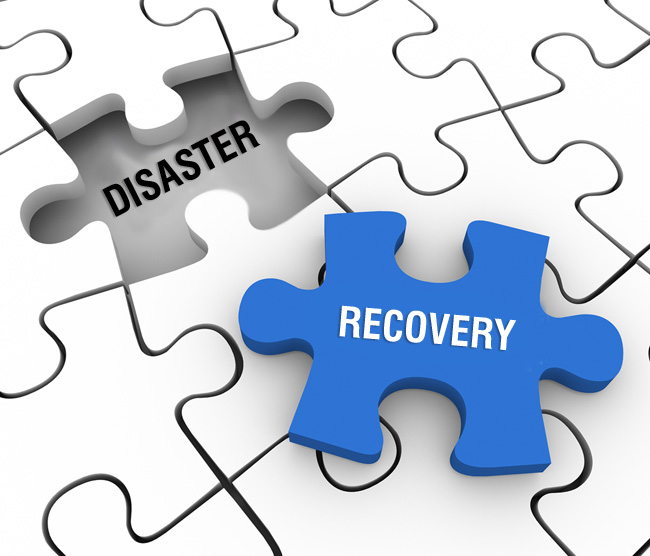What is Data Protection and Why Does It Matter to You?
What is Data Protection and Why Does It Matter?
Data protection is the process of preventing critical information from being corrupted, compromised, or lost. As the quantity of data generated and saved continues to expand at unprecedented rates, the need for data protection grows.
There is also little tolerance for downtime, which could make it impossible to get access to important information.
As a result, ensuring that data can be recovered rapidly after corruption or loss is an important aspect of a data protection strategy. Data protection also includes safeguarding data against compromise and preserving data privacy.
The Negative Consequences of Data Breaches
Many companies are dealing with an expanding amount of data as their dependence on the cloud and online transactions grows.
Hackers and scammers are continuously looking for ways to undermine an organization's data security for their own gain. Data breaches are often used to steal information from a company, sell it, or use it to commit fraud.
A data breach can be devastating because companies manage so much personally identifiable information (PII) from their customers, workers, and stakeholders.
Data breaches that steal particularly sensitive PII, such as social security numbers, driver's licenses, and passports, might have serious consequences. If an ill-intentioned person (outside or within the company) gets this information, he or she can do a lot of damage to a business and to anyone who has given the business information.
So, why does data protection matter?
1. Data Mobility
Data mobility – the ability to transport data across various application programs, computer environments, or cloud services – introduces a new set of challenges and solutions for data protection.
On the one hand, cloud computing enables consumers to transfer data and applications between cloud service providers. It does, however, necessitate precautions against data duplication.
In any case, cloud backup is getting increasingly popular. Organizations typically shift backup data to public clouds or clouds managed by backup suppliers. These backups can be used to replace on-site disk and tape libraries or as supplementary secure copies of data.
2. Disaster Recovery and Backup
The leaders of companies are responsible for establishing hybrid workplaces that boost the workforce's production and productivity (in-person or otherwise virtual). In addition, hybrid work should improve corporate culture, which will assist in retaining talented workers over the course of the years.
Kobie observes, "The younger generation of workers have been criticized for choosing not to participate in a cycle of breaking themselves to make their careers, but they are right — productivity and success should not require you to give up your personal life, family, or daylight hours.

3. Downtime in Operations
The operational downtime that will occur following a data breach is a key risk that companies rarely address when thinking about data protection. When a data breach occurs, the responsible business must first contain the incident before investigating how it occurred.
This investigation will also need to look into the systems that were accessed and what data was compromised. During the containment and investigation stages, a company may have to stop all operations until the investigation is over.
Due to the fact that investigations might take days or weeks to complete, an organization's operational downtime may be significant, resulting in lost income and unsatisfied consumers.
The loss of revenue may be especially detrimental to businesses that do not have a lot of savings or emergency reserves. Even after the business picks up again, its operations may be interrupted while employees put in place new security measures and attend training.

In a Nutshell
Data protection is especially crucial for small businesses since data breaches and losses can result in severe financial losses. When a business fails to secure sensitive information and allows data breaches to occur, its reputation suffers.
As a result of this damaged reputation, a company's income may suffer due to disgruntled consumers. Organizations that don't follow security standards may also have to pay fines, which may be too much money for a small business to handle.
